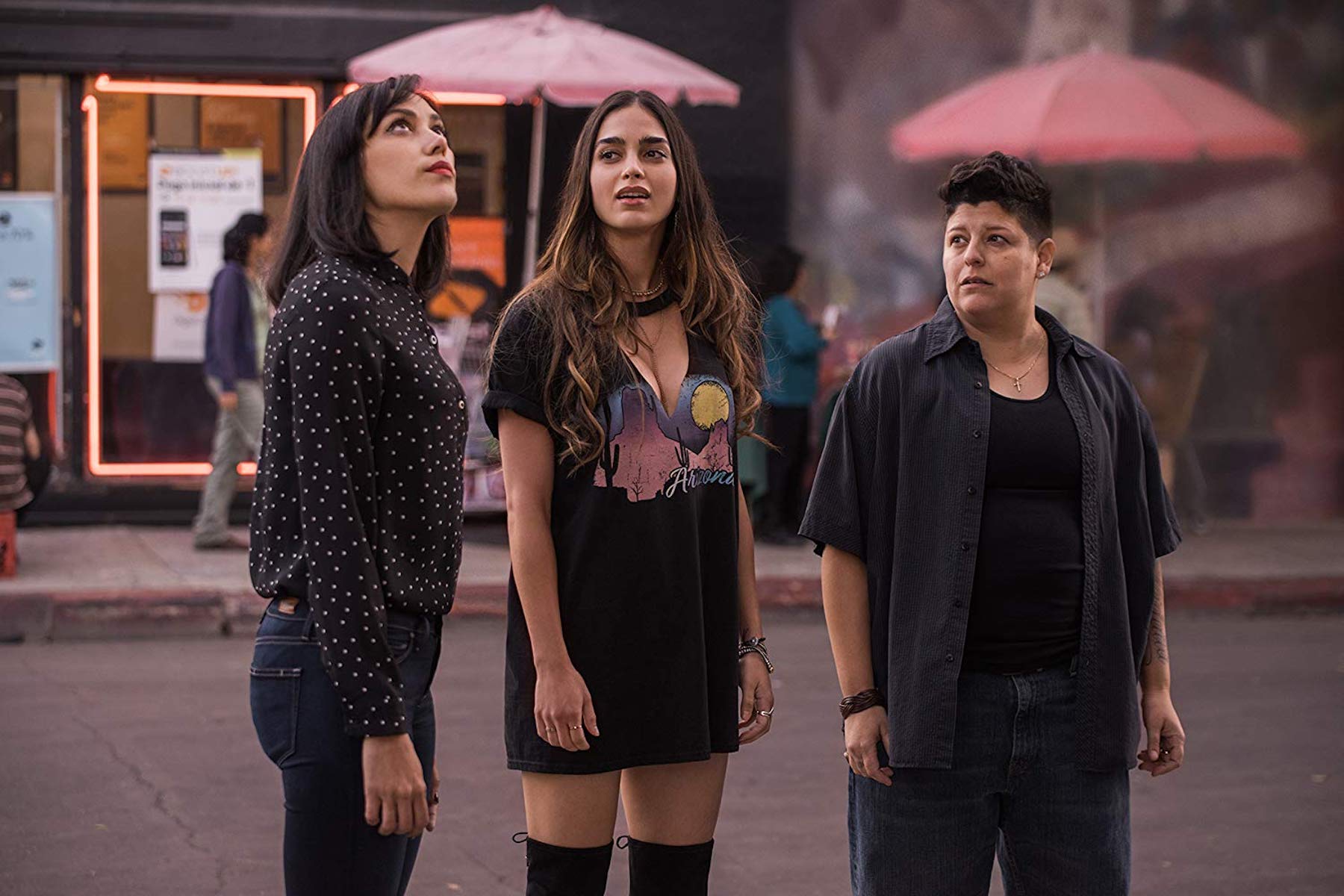
‘Vida’ forever: The TV shows addressing reality in a conscious way
Following a successful first season, Starz brought back Vida for S2 this summer. The dramedy saw an expanded episode count as well as an expanded cast, with Roberta Colindrez booking a series regular role in Tanya Saracho’s Latinx half-hour show.
Colindrez will play Nico, a new bartender at the family bar in the show that centers around two Mexican-American sisters from the east side of Los Angeles who returned to their hometown in S1 following the death of their mother.
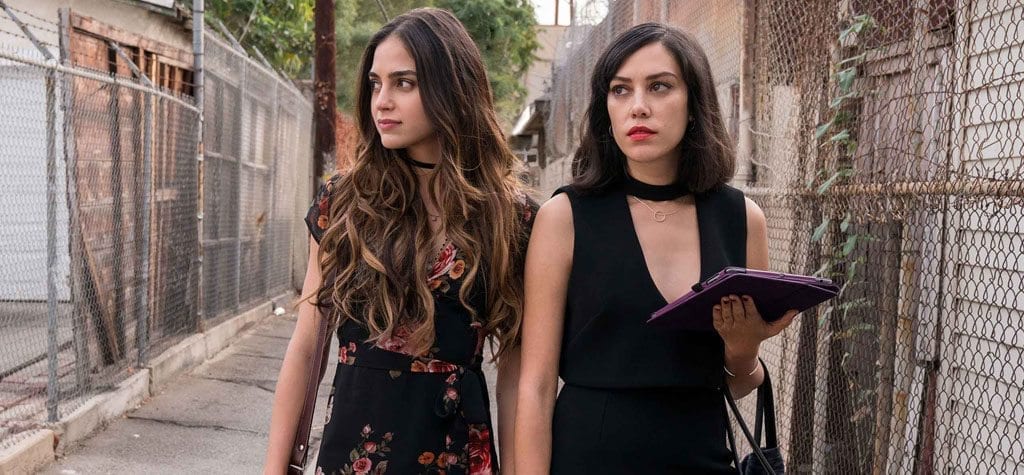
The show has been lauded for its portrayal of Latinx culture, while also tackling important societal issues regarding gentrification and LGBTQI experiences throughout its debut season – and with another round on the horizon, we’re excited to see what hot topics Saracho and the creative team will take on.
Here are a number of other TV shows taking on tricky subjects and addressing reality in a conscious way.

Pose (2018 – )
Ryan Murphy’s Pose made history by featuring the largest transgender cast in TV history, as well as taking on the first transgender woman of color to direct an episode of television thanks to the talents of best-selling writer Janet Mock.
As such, Pose is a landmark show in terms of LGBTQI representation, exploring the fetishization of trans women and the details of gender reassignment surgery in ways that have not yet been seen on TV before.

Taking place in the 80s, Pose is centered around the acrimonious relationship between two ball houses and delves into the lives of the trans characters who are finally shown to be more than just one-dimensional sex workers.
Via its numerous side stories, from Blanca’s journey as a “mother”, to Angel’s love affair, to Ricky and Damon’s blossoming relationship, Pose tackles a number of important issues including transphobia, homophobia, the HIV crisis, and racism, and it does so with tact, sensitivity, and finesse.
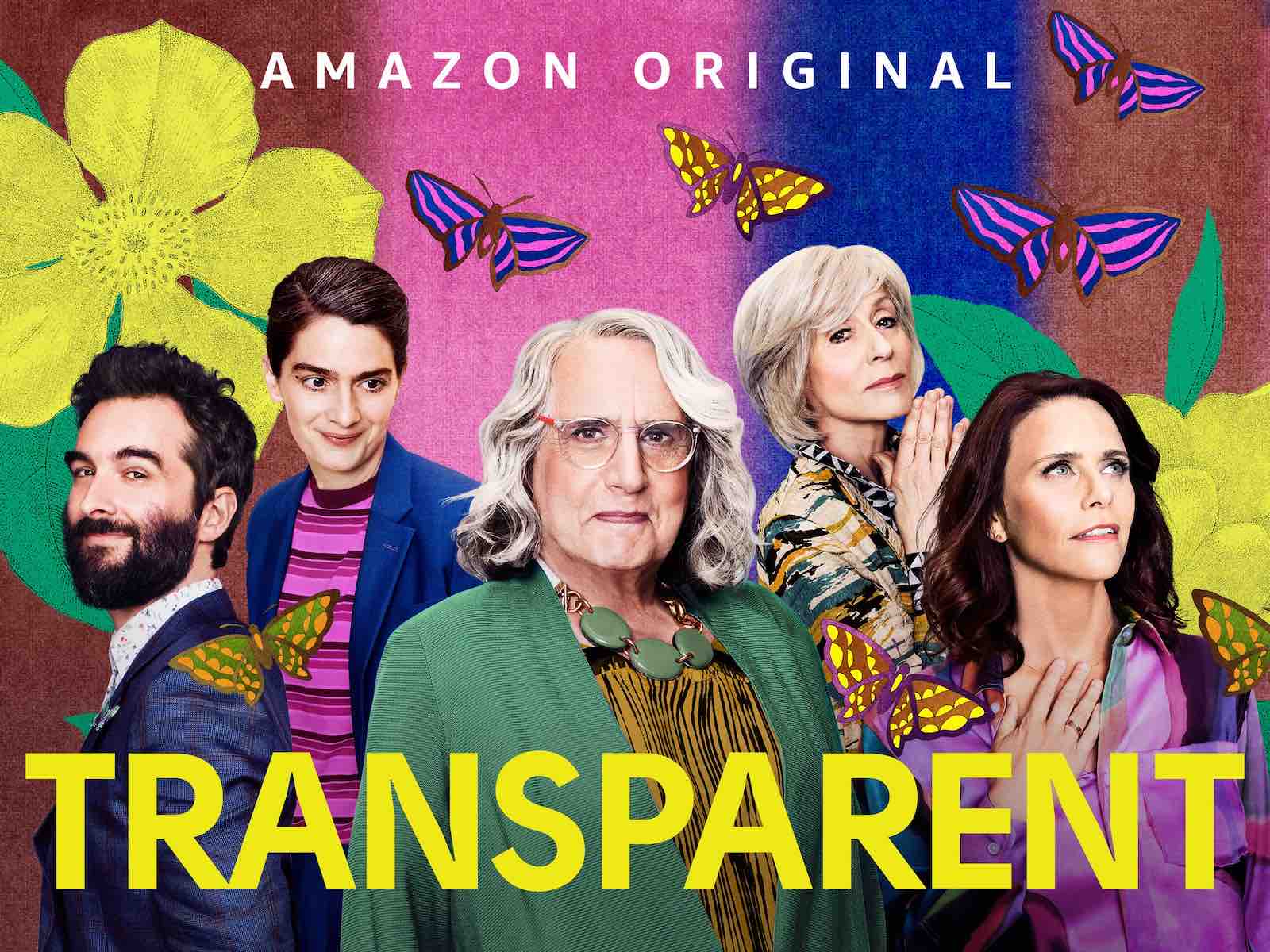
Transparent (2014 – )
While Amazon Prime’s Transparent centers on one trans woman’s journey as she transitions in later life, the show also veered into political grounds as the Pfeffermans headed to Israel in season four.
Offering a ten-episode exploration on the issue of borders, Transparent explores the Israeli-Palestinian conflict as Maura is invited to give an Israeli conference on gender and Judaism, bringing her kids with her to the holy land.
Their journey allowed for the creators to explore Israel, the West Bank, themes on God and religion, politics, the history of the area, and the conflict that has been going on for 70 years. As Transparent does so well, these heavy themes are lifted with moments of hilarity and humanity – but more essentially, they were a departure from the usual way Israel is depicted on US television.

Shay Roman, who advised the show on issues relating to the conflict, highlighted the way Ali talks about how the American media and the Israeli government are so conflated.
“She refers to them as ‘they,’ sort of like ‘the man.’ Personally, as a young American Jew, I’ve felt often frustrated by the one-sided Israel at all costs perspective. I think I was excited to bring in a world that we don’t get to see, and hear people’s opinions that we don’t get to hear.”

Black-ish (2014 – )
The ABC family show has never shied away from exploring cultural issues within its storylines, having focused on issues such as gun control and racial prejudice in modern society.
However, there’s one episode in particular that serves as a significant example of why Black-ish deserves credit for incorporating such serious subjects into its narrative and that is season two, episode 16 “Hope”, in which the Johnson family discusses race issues while watching news coverage of a grand jury considering the indictment of a white police officer accused of killing an African American teen.
Sparking emotional responses on social media, the episode put the show within the thick of the Black Lives Matter movement. “This is the age of #BlackLivesMatter and sometimes there is no better way to get a message out to the American public than secreting it in one of their favorite sitcoms,” noted The Guardian.
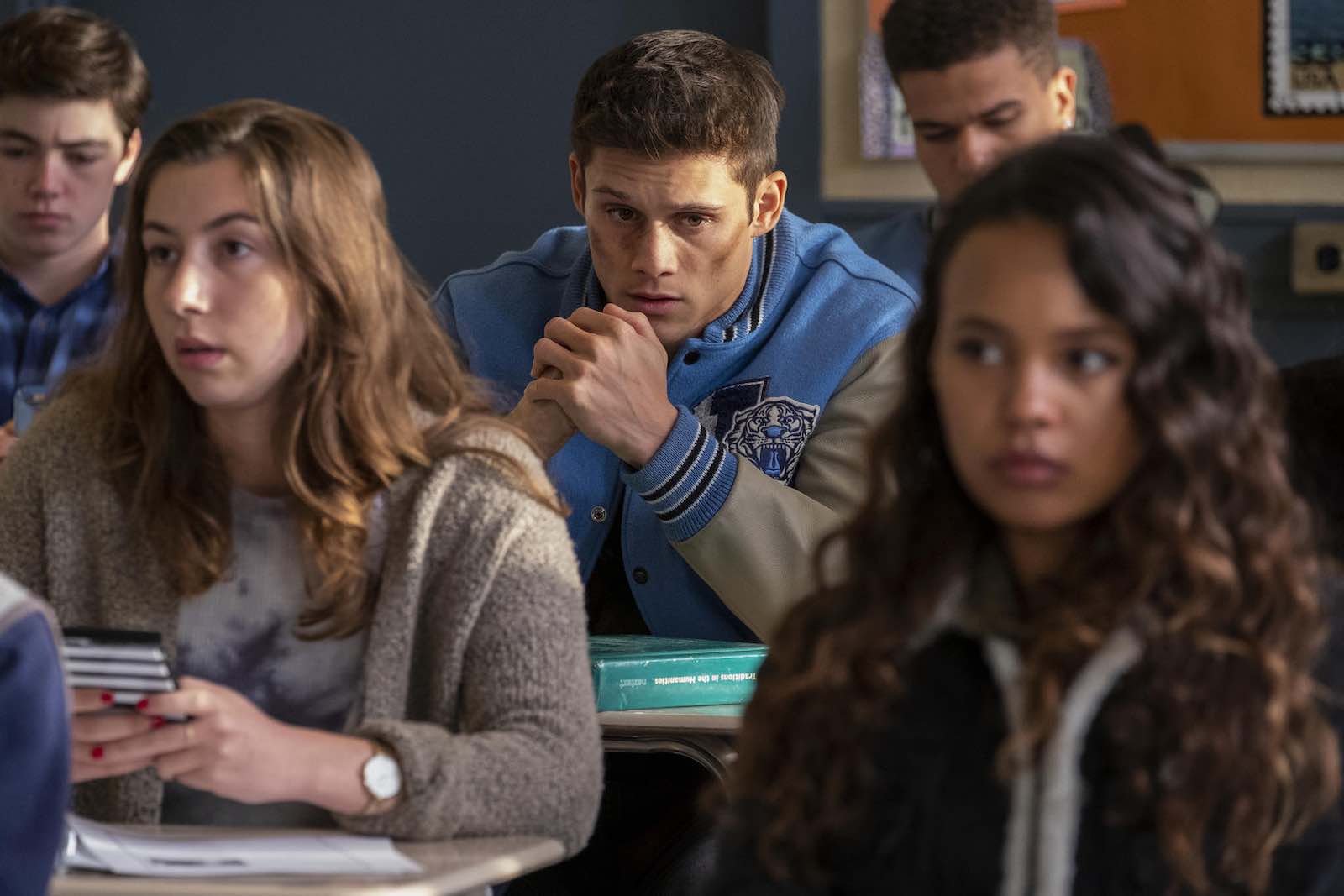
13 Reasons Why (2017 – )
There are thirteen reasons why we support Netflix’s decision to renew the young adult drama 13 Reasons Why for a third season, one of those being the show’s dedicated to not only portraying mental health issues, bullying, depression, sexual assault, and suicide in an honest and frank manner, but also its efforts to help audiences seek help if suffering from such afflictions.
S1 depicts the suicide of teen protagonist Hannah Baker (Katherine Langford), who leaves behind a series of tapes revealing the events and the people who led her to commit the act. The show incorporates narratives of depression including those dealing with the aftermath of sexual assault.

Although many of the adult viewers clutched their pearls in horror at a show discussing these topics and portraying them uncensored (you know, like in real life), a study showed teenagers reacted well to the content, with more than three-quarters of respondents stating they learned about depression and suicidal ideation.
The scene in which Hannah is raped shows her turning numb and unresponsive, portraying how rape doesn’t necessarily mean the victim has to fight back to show they do not consent and that there is no right or wrong response when faced with a traumatic experience.
It’s rare for a teen show to level with its audience in such an honest manner and it’s for this reason its audience deserves a third season. No matter how much it “offends” the Parents Television Council.

Big Little Lies (2017 – )
Starring Nicole Kidman and Reese Witherspoon, HBO’s Big Little Lies was one of prestige TV’s big wins. A dark crime drama about the seemingly perfect lives of three mothers as they unravel to the point of murder, the show won over audiences and will continue to do so with a second round set to premiere in 2019.
Not only does the show offer a gripping storyline and three-dimensional characters whose arcs you can’t help but be enthralled by, but the show also tackles the tricky subject of domestic abuse in a complex and nuanced manner.

While Kidman’s Celeste appears to have the perfect marriage, we soon discover the opposite to be true. On the outside, her husband Perry is kind, caring, and affectionate. But behind closed doors he is controlling and dominating, flipping between love and rage like a light switch.
As is seen in so many domestic abuse cases, Perry manipulates Celeste into forgiving his behavior and even into feeling guilty herself. Speaking to Marie Claire, CEO of Refuge Sandra Horley praised the accuracy of Big Little Lies’s portrayal of a controlling and abusive relationship, adding that the show highlights how “women like Celeste should never be judged for how they respond to abuse.”

Atlanta (2016 – )
Donald Glover’s surreal comedy tackles social issues via the lens of rap, successfully weaving together themes of oppression, racial prejudice, and poverty told with an absurdist and entertaining oddball ride about a rapper named Paper Boi (Brian Tyree Henry) and his manager / cousin (Glover).
“With Atlanta, Glover uses the platform of network television to express his opinions on race, black culture, hip hop, mental health, masculinity, and fatherhood,” noted The Mercury. In particular, Paper Boi’s journey provides an insight into what it’s like as a rapper in the landscape of Atlanta.

Season two of the show explores themes on exploitation and poverty, starting with a shootout at a drive-through and going on to show how Earn is now homeless and Paper Boi is under house arrest. It makes poignant statements without veering into overtly political commentary.
“The way I look at it, the years Obama was in office, and the year after Trump was inaugurated, if you were poor, you really didn’t see the difference. That stuff really didn’t touch you,” noted Glover. “We just look at what happens when someone is really poor, when someone really doesn’t have a stake in any of this.”

Dear White People (2017 – )
Justin Simien’s Netflix dramedy made bold political statements in S1 by focusing on racial issues at an Ivy League college. However, it was in season two that the show really came into its own, addressing its flaws on slippery politics and building on its topical takes on racism, black identity, and police brutality.
For round two, we see the characters of Winchester University as they deal with white supremacy, online alt-right trolls, and the psychological fallout of racial discrimination.
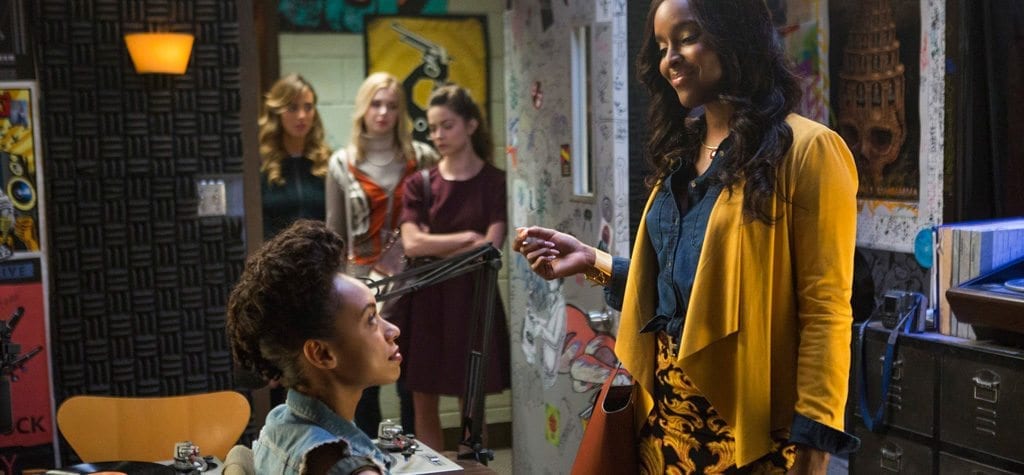
But we’re also shown the bigger picture, including Reggie’s suffering mental state following his traumatic experience when held up at gunpoint by a police officer, as well as the emotional distress Sam felt when being targeted by a racially-charged social media attack.
Yet the reason Dear White People resonates, outlined The Verge, is because “it’s adept at finding those little moments that feel like in-jokes to black viewers, and the ways we use humor to cope with living in a less-than-welcoming country.”



